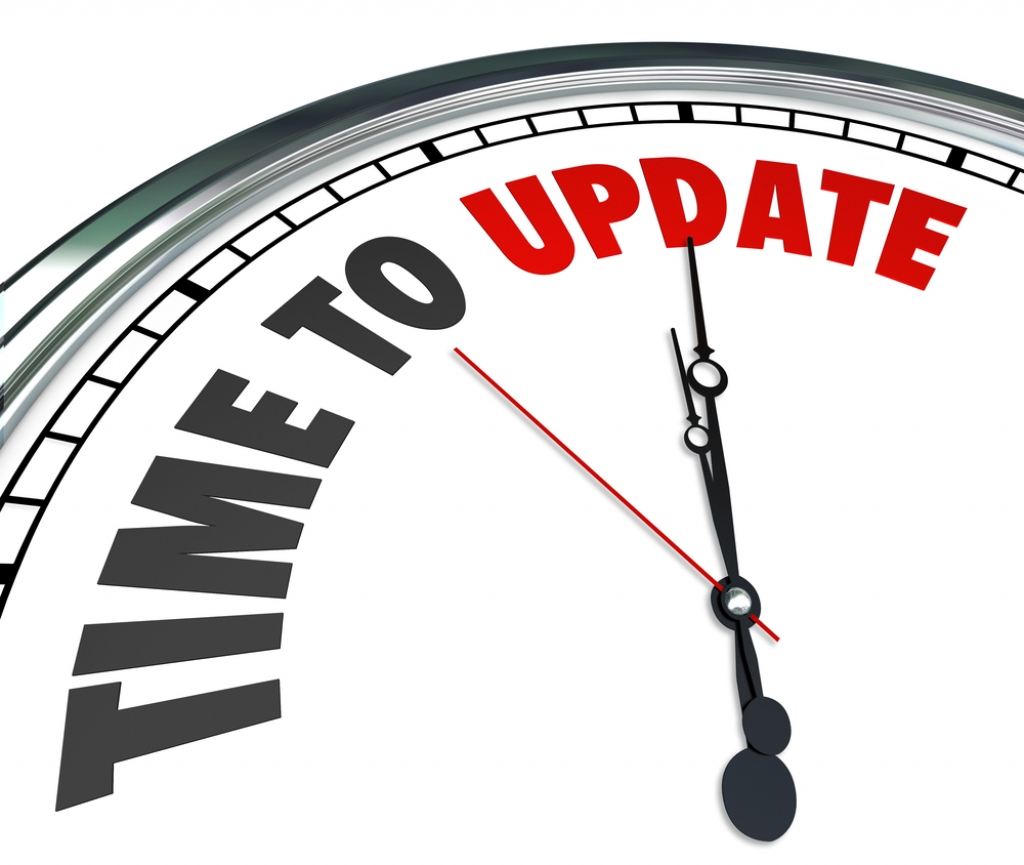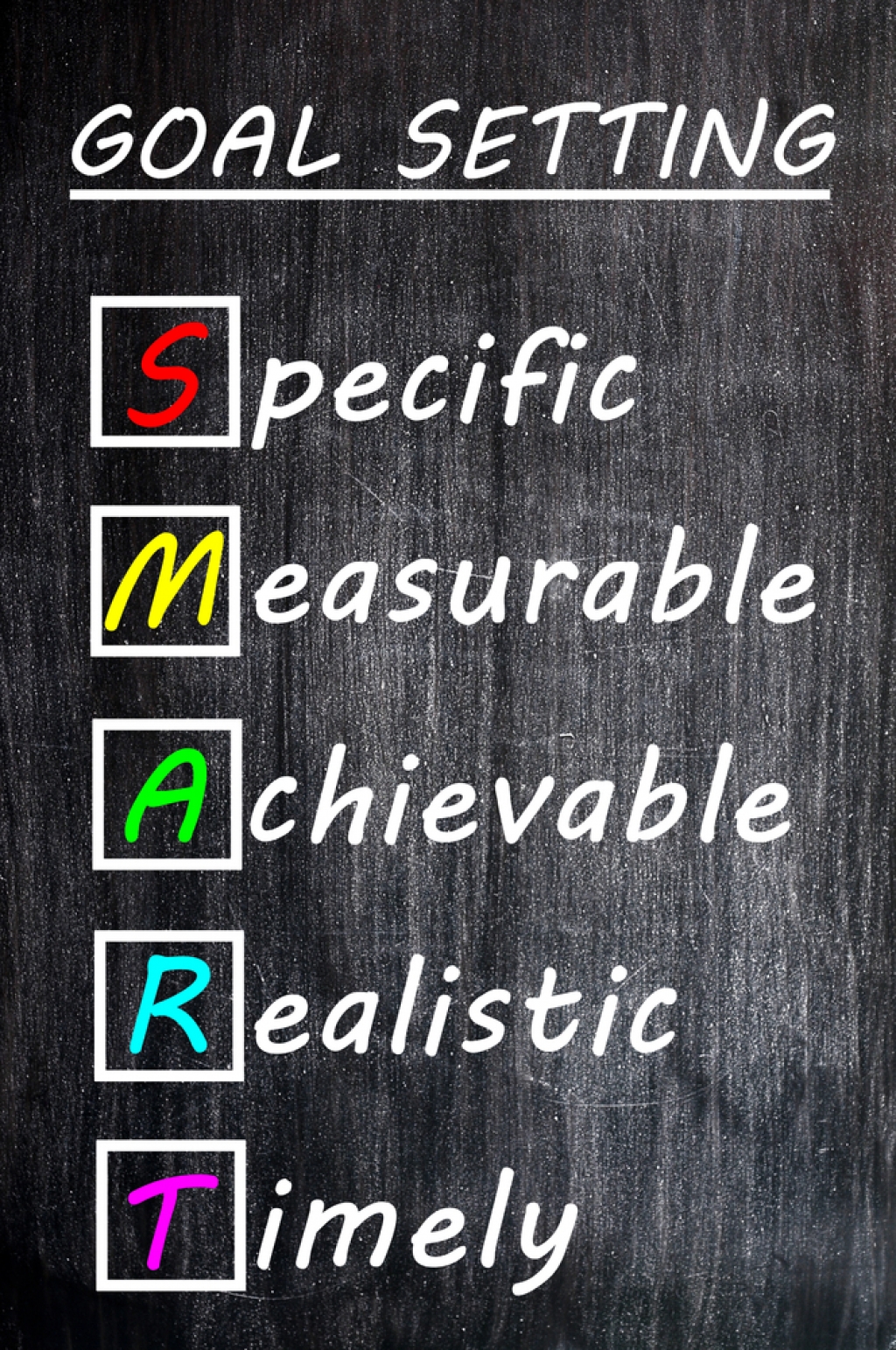In the fast-paced world of professional development and personal growth, coaching apps have become indispensable tools for coaches and clients alike. Whether it's for leadership enhancement, executive mentoring, business strategy improvement, or life coaching, a well-designed professional coaching app can make a significant difference in the effectiveness and accessibility of coaching sessions. Here, we delve into the essential features that every professional coaching app should embody, ensuring it meets the needs of both coaches and clients in various coaching domains.
Intuitive User Interface (UI) and User Experience (UX)
The foundation of any online coaching software is its user interface and user experience. An intuitive design ensures that both coaches and clients can navigate the app effortlessly, focusing on the coaching process rather than being bogged down by technical difficulties. The UI should be clean and straightforward, presenting the necessary tools and information in an organized manner, while the UX should facilitate a smooth journey from scheduling sessions to tracking progress.
Versatile Communication Tools
Communication is at the heart of coaching. A professional coaching app must offer a variety of communication tools such as video conferencing, instant messaging, and voice calls to suit different coaching styles and client preferences. High-quality video and audio capabilities are non-negotiable for maintaining the personal touch and effectiveness of face-to-face coaching sessions, especially in leadership and executive coaching where nuances in communication can be pivotal.
Flexible Scheduling and Calendar Integration
Efficient time management is crucial for both coaches and clients. The app should have a robust scheduling system that allows clients to book, reschedule, or cancel appointments easily. Integration with popular calendar apps ensures that both parties can manage their coaching sessions alongside their personal and professional commitments seamlessly.
Goal Setting and Tracking
A core component of the coaching process is setting and achieving goals. An effective business coaching app or life coaching app should facilitate the establishment of clear, measurable goals and track progress towards these objectives. This feature allows clients to stay motivated and engaged, while coaches can monitor advancements and adjust strategies as necessary.
Resource Library
A well-stocked resource library is a valuable feature for any coaching app. This could include articles, e-books, videos, and other educational materials relevant to various coaching areas. For leadership coaching tools, resources might focus on leadership theories, case studies, and leadership skills development. Similarly, an executive coaching app might offer materials on strategic thinking, decision-making, and corporate governance.
Personalized Client Profiles
Personalization enhances the coaching experience. A professional coaching app should allow clients to create detailed profiles, including their coaching goals, preferences, strengths, weaknesses, and any other relevant information. This enables coaches to tailor their approach to each client, making the coaching process more effective and personal.
Feedback and Evaluation Mechanisms
Continuous improvement is key in coaching. The app should include mechanisms for clients to provide feedback on their coaching sessions and overall progress. Likewise, coaches should be able to offer constructive feedback to clients, facilitating a two-way communication channel that promotes growth and development.
Security and Privacy
Given the personal and often sensitive nature of coaching discussions, security and privacy cannot be overstated. A professional coaching app must adhere to stringent data protection regulations, ensuring that all client-coach communications, personal data, and session records are securely encrypted and accessible only to authorized users.
Integration Capabilities
The ability to integrate with other tools and platforms can significantly enhance the functionality of a coaching app. For example, integration with project management tools, fitness trackers, or professional networking platforms can provide a more holistic approach to coaching, catering to various aspects of a client's personal and professional life.
Analytics and Reporting
For coaches, having access to analytics and reporting tools can offer insights into their coaching style's effectiveness, client satisfaction, and overall business performance. For clients, analytics can provide a detailed view of their progress, highlighting areas of improvement and achievements.
In the realm of professional development, a coaching app is more than just a convenience; it's a catalyst for transformation. The essential features outlined above—from intuitive design and versatile communication tools to personalized client profiles and stringent security measures—ensure that a professional coaching app meets the diverse needs of both coaches and clients. Whether it's through a leadership coaching tool, an executive coaching app, a business coaching app, or a life coaching app, these features lay the foundation for a successful coaching journey, empowering individuals and organizations to reach their full potential. As technology continues to evolve, so too will the capabilities of coaching apps, further enhancing the coaching experience in this digital age.




